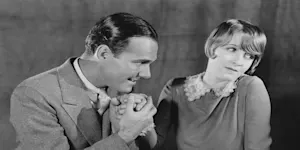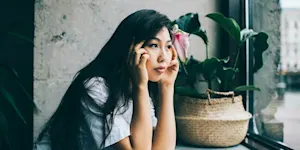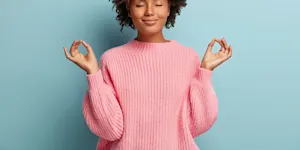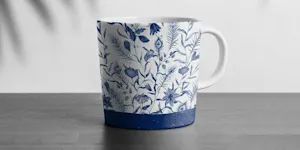What Makes This Word Tick
The word "allure" conjures up images of irresistible charm and enticing appeal. It's a word that dances on the edge of mystery, often used to describe something or someone that captures attention in the most captivating way. Whether it's a stunning sunset or a captivating smile, "allure" speaks to that indescribable quality that draws us in.
If Allure Were a Person…
Allure would be that enigmatic neighbor who always seems to know the latest trends before everyone else. They carry themselves with an effortless grace and have a knack for being both approachable and intriguingly mysterious. You can't help but wonder what their secret recipe is for living such a fascinating life.
How This Word Has Changed Over Time
Originally derived from the Old French "aleurer," which means "to entice" or "to lure," the concept of allure has evolved to focus more on charm and attraction rather than just temptation. From its earlier, somewhat sinister connotations, "allure" has blossomed into a word that celebrates beauty and magnetism in a more positive light.
Old Sayings and Proverbs That Use Allure
Though not abundant in traditional proverbs, the concept of allure is often found woven into adages about beauty and attraction, such as "Beauty is in the eye of the beholder." It hints at the subjective nature of allure—what captivates one person might completely escape another.
Surprising Facts About Allure
Did you know that the word allure is often used in the fashion industry? It's a favorite when describing the captivating nature of designs that draw gazes on the runway. Additionally, "Allure" is the title of a popular fashion magazine, proving its power to encapsulate style and elegance in one simple word.
Out and About With This Word
Head to any art museum, and you'll witness allure in action as visitors stand mesmerized by the masterpieces. Similarly, a walk through a botanical garden could reveal the irresistible pull of nature's beauty, showing how allure thrives in both man-made and natural settings.
Pop Culture Moments Where Allure Was Used
In film, Audrey Hepburn's character in "Breakfast at Tiffany's" could be described as the embodiment of allure—a blend of charm, style, and a touch of mystery. And let’s not forget music, where allure often sneaks into lyrics, adding a layer of seduction and fascination to the melody.
The Word in Literature
Allure finds a cozy spot in romance novels, where characters often grapple with the magnetic pull they feel for one another. It also takes center stage in gothic tales, weaving through narratives as a symbol of both attraction and danger, much like the sirens of mythology.
Moments in History with Allure
During the Golden Age of Hollywood, allure was practically a required trait for leading actors and actresses, who captivated audiences with their larger-than-life charisma. Think of the star-studded premieres and red-carpet moments that drew in fans by the thousands—all thanks to the stars’ allure.
This Word Around the World
In France, allure translates to “charm” or “style,” and the French have long admired this quality in art, cuisine, and everyday life. In Japan, a similar concept called "iki" emphasizes understated elegance and quiet allure, reflecting cultural values of subtlety and grace.
Where Does It Come From?
The word allure traces its roots back to the Old French word "aleurer," which means to summon or draw in. Over centuries, it evolved from a lure's more literal sense to embody an attraction that's woven from many strands of charm, beauty, and intrigue.
How People Misuse This Word
Some people use "allure" interchangeably with "appeal," although allure implies a deeper, often mysterious attraction, while appeal can refer to a broader range of likability.
Words It’s Often Confused With
Appeal: While both signify attraction, appeal is broader and less tied to mystery.
Lure: Often carries a connotation of trickery, unlike the more benign allure.
Charm: Focuses on personal traits, whereas allure is the broader effect.
Additional Synonyms and Antonyms
Synonyms include "captivation," "enthrallment," and "glamour." Antonyms would be "repulsion," "unattractiveness," and "dullness."
Want to Try It Out in a Sentence?
An example might be: "The allure of the ancient city's ruins was impossible to resist as the golden sunlight bathed them in a warm glow."
















